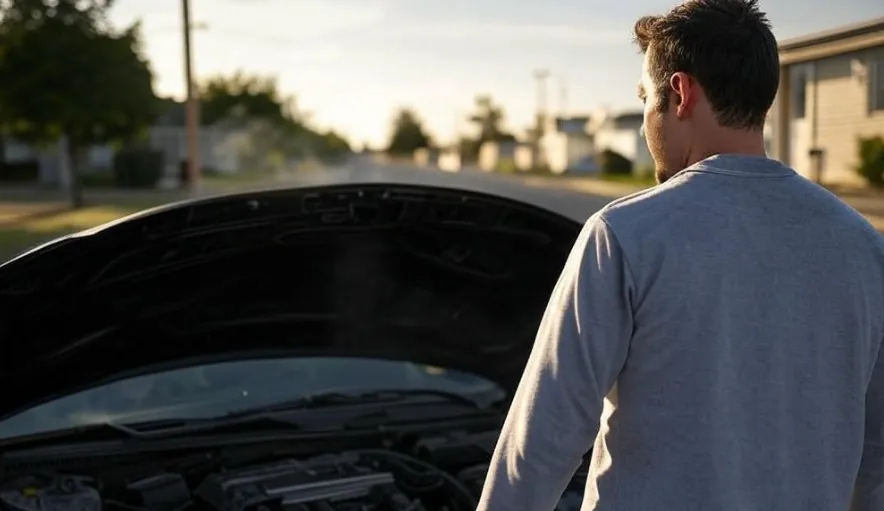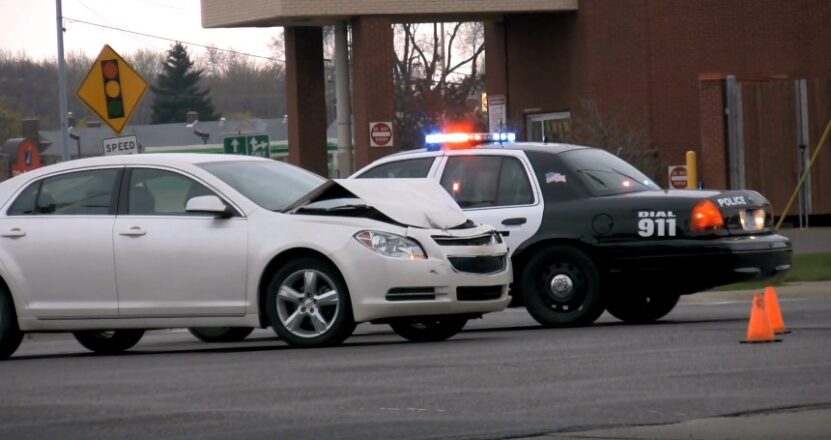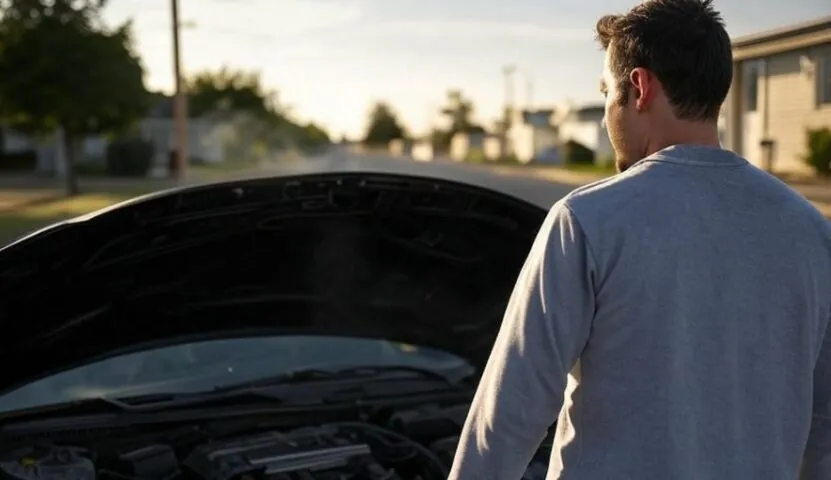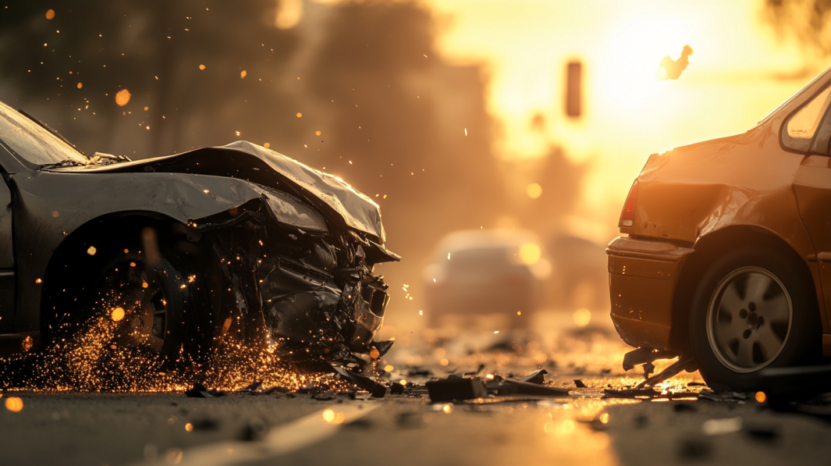
Share Post:
Experiencing a car accident can be a frightening and stressful moment, but if you know the right steps to take immediately afterward, that can make a significant difference in ensuring your safety, protecting your rights, and streamlining the process of addressing any potential legal or insurance issues.
Here’s a comprehensive guide on what you should do after a car accident to know how to behave in this situation.
Table of Contents
Toggle1. Ensure Safety and Assess the Situation
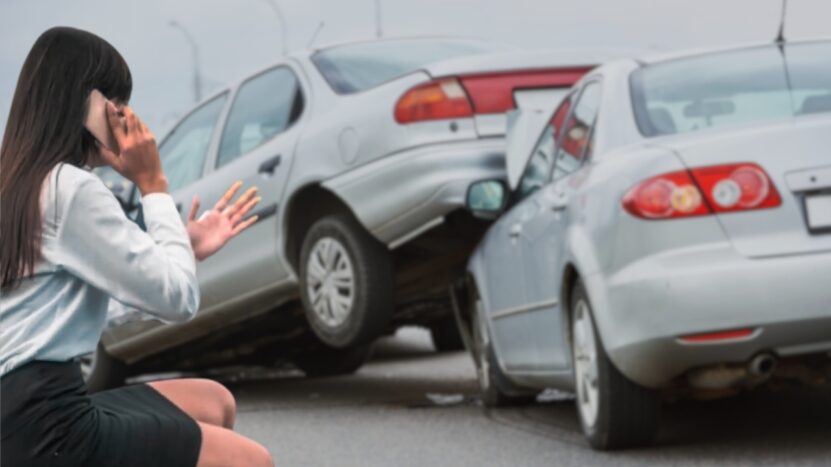
The most important thing if you are involved in a car accident is to provide the safety of all parties involved. Here’s what you need to do:
- Move to Safety: If it is possible and if it is safe to do so, try to move your vehicle to the side of the road to avoid any other potential accidents. Turn on your hazard lights to alert other drivers of the situation.
- Check for Injuries: Check yourself, passengers, and others involved in the accident for any injuries. Call 911 immediately for medical assistance, if anyone is hurt.
- Avoid Moving Injured Individuals: Only if there is an immediate danger (such as a fire), avoid moving anyone who is injured as this could potentially have an even worse effect on their injuries. Wait for emergency services to arrive and provide instructions.
2. Call the Authorities
In most situations, it’s important to contact law enforcement, especially if there are injuries or significant property damage. Here’s why:
- File a Police Report: Request a police report if the accident involves injuries or significant property damage. This official document can be crucial for insurance claims and legal proceedings.
- Provide Accurate Information: When speaking with the police, provide accurate information about the accident. Do not admit fault or speculate about how the accident happened; stick to the facts.
3. Exchange Information

Proper documentation is the most important for handling insurance claims and legal issues. Make sure to:
- Gather Information: Exchange names, addresses, phone numbers, insurance details, and driver’s license numbers with the other parties involved in the accident. Also, take note of the make, model, and license plate numbers of the other vehicles.
- Document the Scene: Use your phone to take photographs of the accident scene, including the vehicles involved, any damage, and the surrounding area. These photos can serve as valuable evidence for insurance claims and legal matters.
4. Seek Medical Attention
Even if you feel fine immediately after the accident, it’s important to:
- Get Checked by a Doctor: Some injuries, such as whiplash or internal injuries, may not be immediately apparent. A medical professional can identify any potential issues and provide appropriate treatment.
- Document Your Injuries: Keep records of any medical treatments, diagnoses, and follow-up appointments. This documentation will be important for any insurance claims or legal action you may pursue.
5. Notify Your Insurance Company

Promptly informing your insurance company about the accident is crucial for processing your claim:
- Report the Accident: Contact your insurance company as soon as possible to report the accident. Provide them with all the necessary details, including the police report number, photos of the scene, and information about the other drivers involved.
- Follow-up: Keep in touch with your insurance adjuster and follow up on the status of your claim. Ensure you provide any additional documentation or information they request.
6. Avoid Discussing Fault
During the aftermath of an accident, it’s important to:
- Limit Conversations: Do not discuss the details of the accident or admit fault to anyone other than the police and your insurance company. Admitting fault or discussing details in an informal setting can be used against you in legal or insurance disputes.
- Consult with a Lawyer: If you are uncertain about your rights or if the accident involves serious injuries or complex legal issues, consider consulting with a Denver car accident injury attorney. They can provide guidance on how to handle the situation and protect your interests.
7. Handle Vehicle Repairs and Rentals
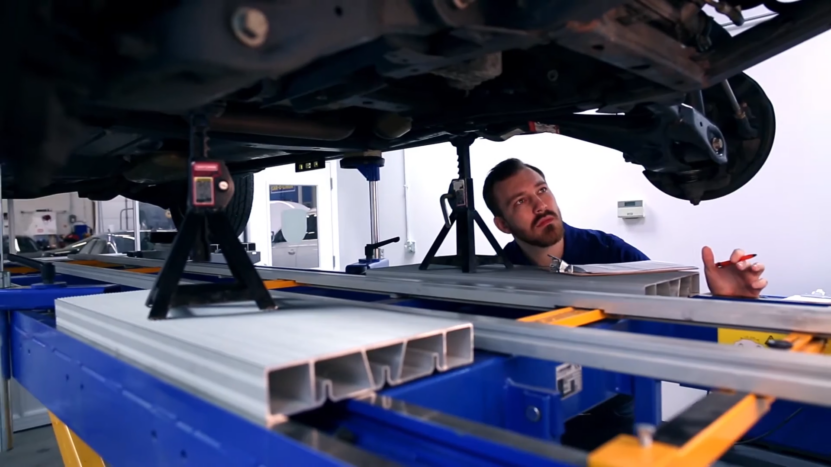
Dealing with vehicle repairs and transportation needs is a practical concern after an accident:
- Get a Repair Estimate: Obtain repair estimates from reputable auto repair shops such as Musser Automotive. If you’re dealing with a specific issue like fixing a BMW drivetrain malfunction, ensure the shop has expertise with such complex repairs. Your insurance company may also have preferred repair shops they recommend.
- Arrange for a Rental Car: If your vehicle is damaged and needs repairs, arrange for a rental car through your insurance company or an independent rental service. This will help ensure you have transportation while your car is being repaired.
8. Keep Detailed Records
Maintaining thorough records will support your insurance claim and any potential legal action:
- Document Expenses: Keep track of any expenses related to the accident, including medical bills, repair costs, and rental car fees. This documentation will be useful for reimbursement or compensation claims.
- Maintain a Journal: Consider keeping a journal of your experience, including how the accident has affected your daily life, work, and overall well-being. This can provide additional context for your claim or legal case.
9. Follow Up on Your Claim
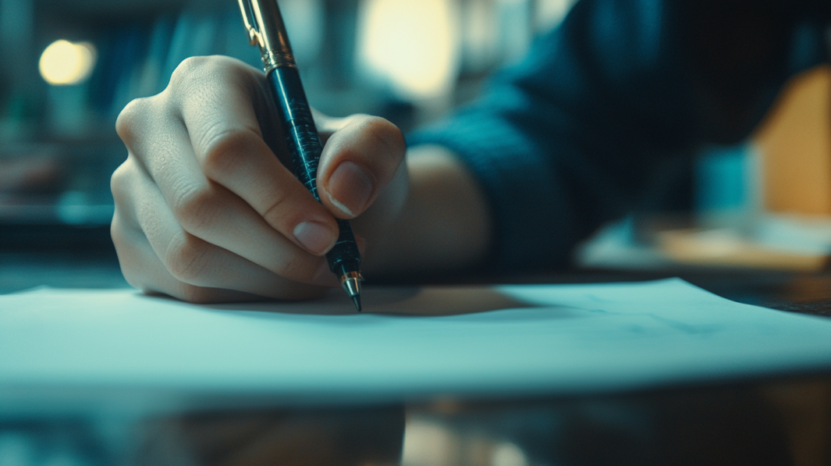
Once you’ve filed an insurance claim, it’s important to:
- Stay Informed: Regularly check the status of your claim and follow up with your insurance company to ensure it is being processed in a timely manner.
- Address Discrepancies: If there are any discrepancies or issues with your claim, address them promptly with your insurance company. Ensure that all necessary documentation and evidence have been submitted.
10. Consider Long-Term Implications
Finally, consider the long-term effects of the accident:
- Monitor Your Health: Continue to monitor your health and follow up with medical professionals as needed. Some injuries may have delayed symptoms, so ongoing care is important.
- Evaluate Your Situation: Assess the impact of the accident on your daily life, including any ongoing physical or emotional challenges. This evaluation can be important for seeking additional support or pursuing legal action if necessary.
Conclusion

Dealing with the aftermath of a car accident can be overwhelming, but taking the right steps can help ensure your safety, protect your rights, and facilitate the process of resolving insurance and legal matters.
By prioritizing safety, documenting the scene, seeking medical attention, and managing your insurance claim effectively, you can navigate the challenges that arise from a car accident with greater confidence and clarity. Remember, if you have any doubts or need additional support, consulting with a personal injury attorney can provide valuable guidance and assistance throughout the process.
Visit this website here to learn more about hiring a Denver car accident lawyer today.
Related Posts:



